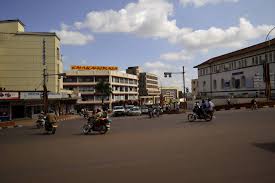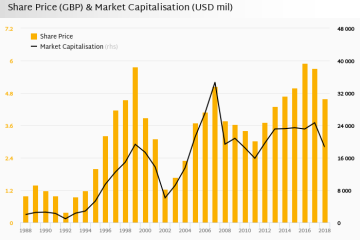Exploring Kampala: The Heart of Uganda

Introduction
Kampala, the capital city of Uganda, plays a crucial role in the political, cultural, and economic landscape of East Africa. With over 1.5 million residents, it is not only the largest city in Uganda but also a centre of trade and education. The relevance of Kampala in today’s geopolitical climate is increasingly apparent, with ongoing developments highlighting its importance as a hub for regional integration and growth.
Recent Developments
In recent months, Kampala has seen significant investments in infrastructure aimed at improving transportation and quality of life. The Kampala Capital City Authority (KCCA) has launched various projects to improve roads and public transport systems, intending to ease congestion and enhance connectivity. The introduction of the Kampala Bus Rapid Transit system is particularly noteworthy, as it promises to reduce travel times and encourage the use of public transport.
Moreover, the city is also focusing on waste management and sanitation, with new initiatives aimed at promoting recycling and maintaining cleanliness in urban areas. These developments are not only vital for sustainability but also for enhancing public health amidst rising urban populations.
Cultural Significance
Kampala is rich in cultural diversity, with over 50 ethnic groups coexisting, which contributes to a vibrant community life. The annual Kampala City Festival is a major highlight, celebrating the city’s heritage through music, dance, and culinary showcases. Additionally, landmarks such as the Uganda Museum and the Kasubi Tombs are testament to the city’s historical importance and attract tourists from around the globe.
Conclusion
With its dynamic growth and cultural significance, Kampala is emerging as a key player in the East African region. The investments in infrastructure and public services will likely spur economic growth and improve the quality of life for its residents. As the city continues to develop, it promises to be a focal point for regional cooperation and a beacon of hope for economic prosperity. For those interested in East Africa, staying informed about Kampala’s evolution is vital, as it may offer insights into broader trends impacting the region.









